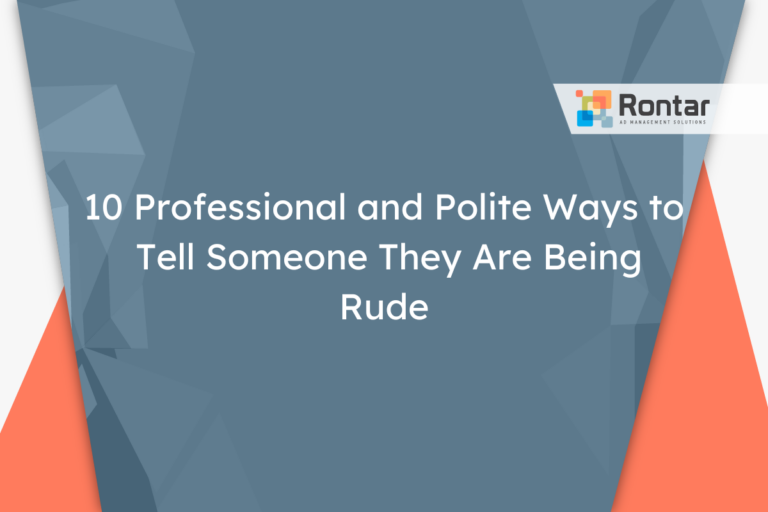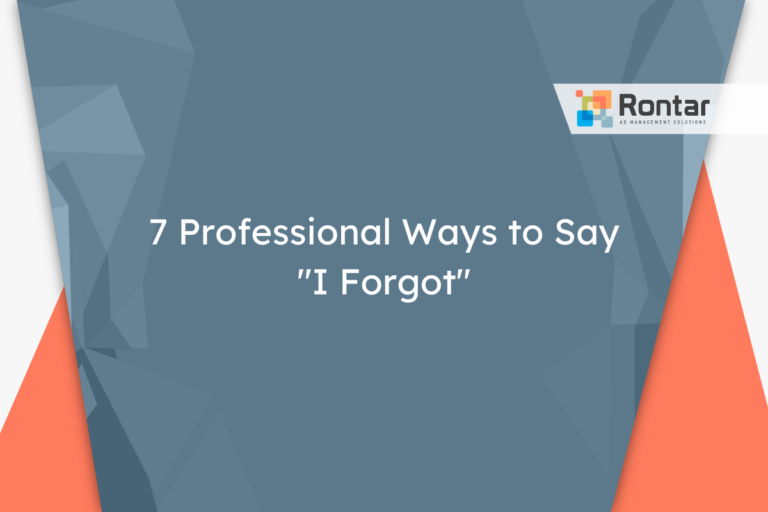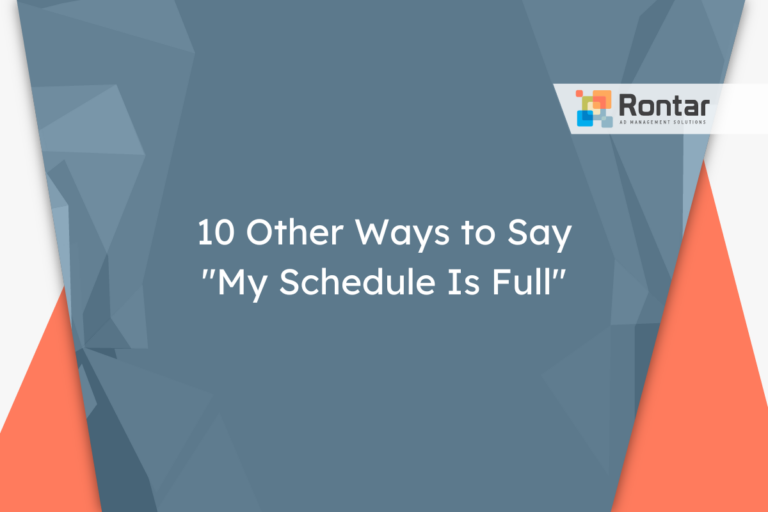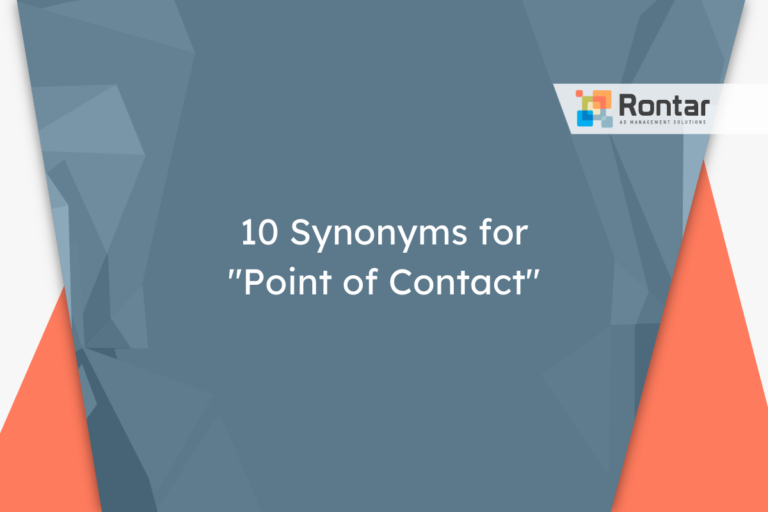11 Professional Ways to Say “I Tried to Call You but Couldn’t Reach You”
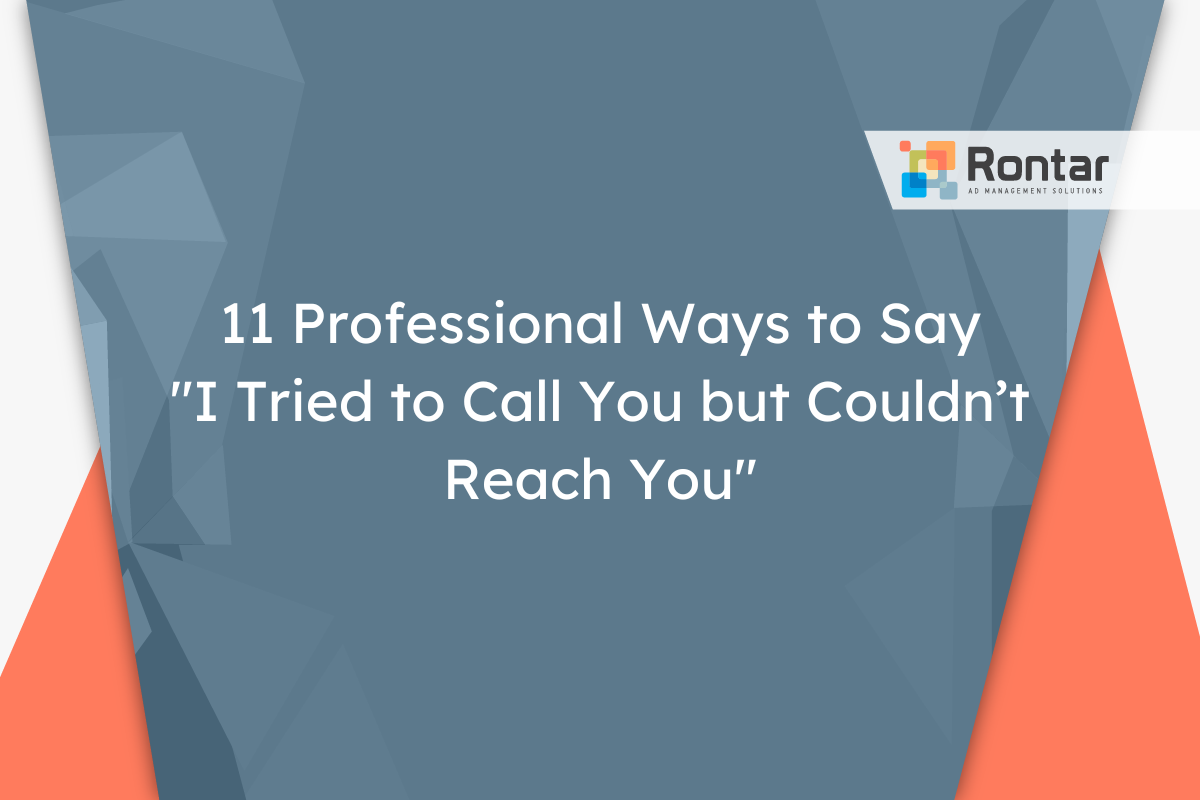
Communicating effectively is key in professional settings, especially when we can’t reach someone by phone. Saying “I tried to call you but couldn’t reach you” is common, but there are many ways to convey this message.
This article explores 11 alternatives to this phrase, offering options for various levels of formality and situations. Each alternative is explained with examples to help you choose the best one for your needs.
Is It Professional to Say “I Tried to Call You but Couldn’t Reach You”?
The phrase “I tried to call you but couldn’t reach you” can be seen as professional, formal, and polite. It’s appropriate in various situations, especially when you need to document an attempt to reach someone or to inform them of important information that was intended to be communicated over the phone.
This phrase is most suitable in business settings, whether you’re communicating with colleagues, clients, or partners. It’s particularly useful when the matter discussed is time-sensitive or critical, ensuring that the recipient is aware of your attempt to reach out and the importance of a prompt response.
Email example:
Hi Emily,
I tried to call you but couldn’t reach you—I wanted to discuss our upcoming project deadline and a few critical aspects that need your input.
Please let me know a convenient time for you to talk, or if you prefer, we can handle this via email.
Best regards,
Mark
Pros:
- It shows professionalism by informing the recipient of the attempt to contact.
- It is polite and respects the recipient’s time by suggesting alternate ways of communication.
- It opens up for further communication, either through a call back or via email.
Cons:
- It can sometimes imply urgency, which might be perceived as pressure by the recipient.
- If overused, it might seem insincere or as an excuse for not being able to reach someone.
Someone might want to use an alternative phrase if they feel that the standard “I tried to call you but couldn’t reach you” doesn’t fit the tone or formality level of their message. Looking for synonyms or alternatives can help diversify how messages are conveyed and ensure they’re appropriate for the relationship and context with the recipient.
11 Other Ways to Say “I Tried to Call You but Couldn’t Reach You”
There are several alternatives to saying “I tried to call you but couldn’t reach you.” Each option might fit different contexts better, depending on how formal or informal your message needs to be. Here’s a list of them:
- I tried to call you but couldn’t get through
- I couldn’t reach you on the phone
- I called you, but you didn’t answer
- I tried calling you but couldn’t get through
- I couldn’t get through to you when I called
- I was unable to reach you when I called earlier
- I could not reach you over the phone
- I tried to call you several times, but unfortunately, I couldn’t reach you
- You must have missed my call
- I tried to call you, but you didn’t pick up
- You must have been busy when I called you
1. I tried to call you but couldn’t get through
This alternative is similar to the original phrase but might seem slightly less formal while staying polite. It implies a barrier in communication without suggesting that the recipient deliberately ignored the call. This version is suitable in both professional and somewhat informal settings, making it a versatile option.
For interactions with colleagues or clients where a relaxed tone is appropriate, this phrase fits well. It’s also polite enough for situations where you’ve made multiple attempts to contact someone but want to keep the message light.
Example:
Hi Alex, I hope you're doing well. I tried to call you but couldn't get through, and I wanted to discuss the upcoming marketing strategy. Please let me know a convenient time to reschedule our call. Many thanks, Sarah
2. I couldn’t reach you on the phone
This option is professional and straightforward, focusing specifically on the inability to connect via phone. It’s formal enough for most business communications but carries a neutral tone that doesn’t imply urgency or frustration. This phrase is best when you need clarity and simplicity in your messages, especially in environments where phone communication is standard.
This phrase aligns well with formal email correspondences, such as reaching out to higher-level executives or new clients to maintain a professional image.
Example:
Dear Mr. Thompson, I hope this finds you well. I couldn't reach you on the phone at our scheduled time today to discuss the contract details. Could we arrange another time to talk? Best regards, Olivia
3. I called you, but you didn’t answer
This alternative sounds a bit more informal and direct. By stating the recipient didn’t answer, it implies a missed opportunity to communicate rather than a technical issue or error. It’s suitable in scenarios where you have an established relationship with the correspondent or in less formal business environments.
This phrase strikes the right balance when the situation requires a direct but friendly tone, especially with colleagues you interact with regularly.
Email example:
Hi Max, Just reaching out to say that I called you, but you didn't answer. Wanted to chat about the team lunch plans for Thursday. Let's try to touch base tomorrow. Cheers, Ella
4. I tried calling you but couldn’t get through
This phrase is a synonym for the first alternative and keeps the message polite and considerate. It indicates an effort was made to reach out without placing blame on the recipient for the missed connection. It’s appropriate in both professional and informal contexts, adaptable to the tone you’re trying to set in your correspondence.
It works well when you need to inform someone of a missed call without sounding too formal or distant, such as with team members or peers within your industry.
Email sample:
Hello Jenna, I hope all is well. I tried calling you but couldn't get through—we need to go over the project deliverables due next week. Could you let me know when you're free to talk? Best, Lucas
5. I couldn’t get through to you when I called
This alternative conveys a slightly formal tone, emphasizing the action of the call and the barrier to communication. It’s respectful and polite, suitable for when you want to communicate missed calls in professional settings, especially with individuals you may not have a personally close relationship with.
Given its formal tone, this statement is well-suited for communications with clients, supervisors, or other external contacts where maintaining a level of formality is crucial.
Example:
Dear Harrison, Upon reviewing our records, it appears I couldn't get through to you when I called regarding your recent inquiry. Please let me know a suitable time to reconnect. Sincerely, Natalie
6. I was unable to reach you when I called earlier
This choice is very professional and shows a level of formality that is appropriate in many business contexts. It’s polite and suggests an effort was made to communicate at an earlier time. This version is especially suitable for speaking with clients or colleagues in a professional setting where detailed documentation of efforts to connect is appreciated.
This phrase is very appropriate for reporting a missed connection without assuming availability on the part of the recipient, such as when dealing with busy executives or clients.
Example:
Dear Ms. Patel, I was reviewing our schedule and noticed I was unable to reach you when I called earlier to discuss the quarterly report. Your feedback is essential, so please advise on a good time to reconvene. Warm regards, Jake
7. I could not reach you over the phone
This alternative is clear, professional, and carries a formal tone. It implies that the attempted contact was specifically over the phone, which is useful for clarity in professional emails. This phrase is polite and doesn’t assume the reason for the missed call, making it a great choice for external communications with clients or partners with whom you have a formal relationship.
This expression is best used in scenarios where you need to emphasize the method of communication attempted, especially in professions where phone calls are a critical part of operations.
Email example:
Dear Dr. Reynolds, In an effort to finalize the arrangements for the upcoming conference, I could not reach you over the phone. Could we possibly schedule a time for a brief call or meeting at your convenience? Best, Claire
8. I tried to call you several times, but unfortunately, I couldn’t reach you
This phrase is more detailed, emphasizing the repeated attempts to make contact. It suggests both effort and a sense of urgency without being impolite. It’s a professional way to communicate in scenarios where it’s crucial for the recipient to understand the importance of the attempted calls. This alternative is particularly effective in situations where timely responses are needed.
It’s better suited for urgent business matters or when needing to report on important, time-sensitive issues to colleagues, supervisors, or clients.
Example:
Hi Franklin, I hope this message finds you well. I wanted to inform you that I tried to call you several times, but unfortunately, I couldn't reach you, concerning the upcoming project deadline. Please let me know your availability to discuss this matter further. Thank you, Sophie
9. You must have missed my call
This alternative sounds more informal and assumes that the recipient was unable to answer the phone for some reason. It’s less formal than other options and carries a casual tone, which can be suitable for conversations with colleagues or clients you have a friendly relationship with. It’s polite but should be used in contexts where a less formal approach is acceptable.
This phrase works well for informal updates or casual reminders where the tone of communication is light and friendly.
Example:
Hey Jordan, Just a quick note to say you must have missed my call. Wanted to see if you’re free for lunch this week to catch up. Talk soon, Casey
10. I tried to call you, but you didn’t pick up
Similar to other informal alternatives, this phrase is straightforward and slightly informal. It directly addresses the outcome of the call attempt. This option is suitable for messages where a familiar relationship exists, allowing for a direct yet polite tone without the need for formality.
This phrase works best in less formal work environments or when reaching out to peers with whom you have an established, casual rapport.
Example:
Hi Leslie, Hope you're well! I tried to call you, but you didn't pick up. Just ringing to chat about the weekend plans. Let's connect tomorrow? Best, Ryan
11. You must have been busy when I called you
This phrase assumes that the recipient was occupied, making it slightly informal but understanding and polite. It’s considerate of the recipient’s time and responsibilities. This version is best used among team members or with long-standing clients where there is an understanding of each other’s busy schedules.
It’s particularly effective in informal or semi-formal communications, where acknowledging the recipient’s likely busyness helps to maintain a positive and respectful tone.
Example:
Hi Carla, Just reaching out because you must have been busy when I called you. No worries at all, I wanted to talk about the new design proposal. When might be a good time to reschedule? Cheers, Derek
Final Thoughts
Choosing the right way to say you couldn’t reach someone on the phone depends on your situation and relationship with the person. The 11 alternatives provided here give you flexibility, whether you need a formal or informal tone. Each option has its place in different professional scenarios. By selecting the most suitable phrase, you ensure your message is both clear and appropriate for your audience.

